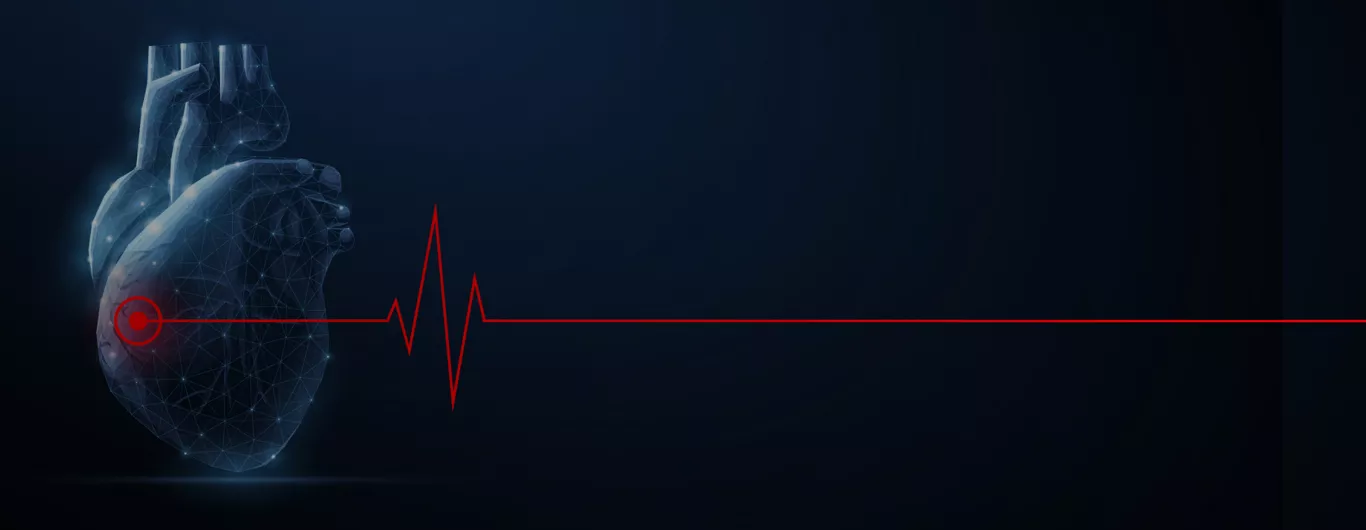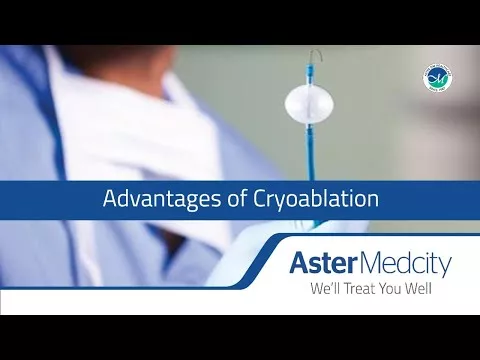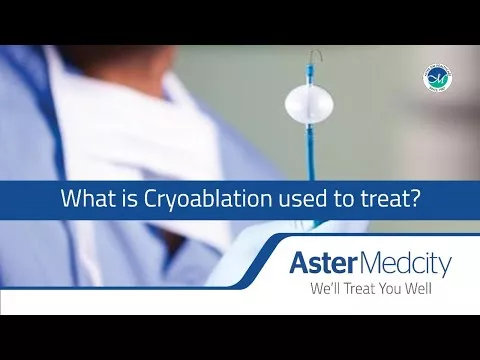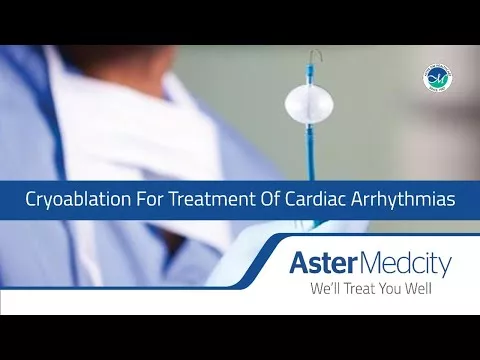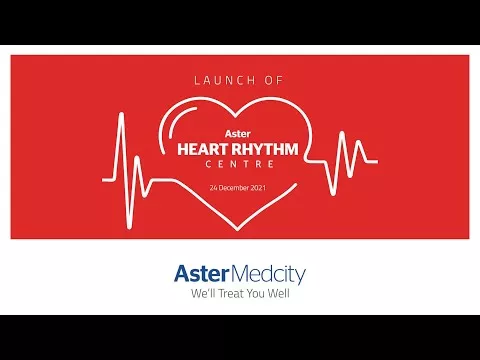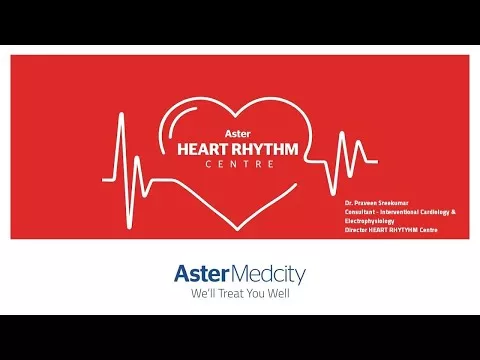Aster Heart Rhythm Centre is a specialized centre operating under Aster Cardiac Sciences and is dedicated to the diagnosis, treatment, and management of cardiac arrhythmias or heart rhythm abnormalities. Our center provides exceptional care to patients affected by irregular or abnormal heart rhythms, utilizing a multidisciplinary approach and the latest advancements in medical technology such as Cryoablation. With a team of highly skilled cardiologists, cardiac electrophysiologists, nurses trained in electrophysiology, and support staff, we are committed to delivering personalized and comprehensive care to patients of all ages. Aster Heart Team is well recognized for its expertise in dealing with complex cases of arrhythmias such as arrhythmias in pregnancy, arrhythmias in athletes, inherited and genetic arrhythmias and arrhythmias in congenital heart disease.
At the Aster Heart Rhythm Centre, we offer a wide range of expertise and specialized services to effectively address various types of arrhythmias, including:
Comprehensive Diagnosis: Our team employs advanced diagnostic techniques to accurately identify and evaluate different types of arrhythmias, such as atrial fibrillation, ventricular tachycardia, supraventricular tachycardia, and bradycardias. We utilize state-of-the-art monitoring systems, electrocardiograms (ECGs), echocardiography, Holter monitoring, Head Up Tilt Test (HUTT), and other imaging modalities to assess heart rhythm abnormalities.
Cardiac Electrophysiology Studies: Our skilled cardiac electrophysiologists conduct electrophysiology studies to further investigate complex arrhythmias. Using specialized catheters and mapping technologies, we map the electrical pathways of the heart to determine the precise origin and mechanisms of arrhythmias.
Ablation Procedures: We offer catheter-based ablation procedures as a treatment option for arrhythmias. Using sophisticated mapping systems and energy sources, our electrophysiologists can precisely target and eliminate the abnormal electrical pathways causing arrhythmia, thereby restoring normal heart rhythm. Our centre is one of the very few in the country to offer Cryoablation to treat heart rhythm abnormalities.
Device Implantation and Management: Our center specializes in the implantation and management of cardiac rhythm devices, such as pacemakers, implantable cardioverter-defibrillators (ICDs), and cardiac resynchronization therapy (CRT) devices. We provide comprehensive care, including device selection, implantation procedures, programming, and long-term monitoring and follow-up to ensure optimal device performance.
Medication Management: Our team of cardiologists works closely with patients to develop individualized medication management plans. We prescribe and adjust medications to effectively control arrhythmias and minimize symptoms, while considering each patient's unique medical history, lifestyle, and preferences.
The Aster Heart Team prioritizes patient-centered care, recognizing that individual’s experience with arrhythmias is unique. We understand the impact that irregular heart rhythms can have on quality of life and overall well-being. Our team emphasizes compassionate care, clear communication, and patient education, ensuring that patients and their families are actively involved in the decision-making process regarding their treatment options.
Advanced Technology & Facilities
Well equipped with the latest medical equipment, modern technology & infrastructure, Aster Hospital is one of the best hospitals in India.
• Electrocardiogram (ECG)
• Echocardiogram (ECHO)
• Holter Monitor
• Remote Monitoring
• Event Recorder
• Implantable Loop Recorder
• Head-Up Tilt Table Test (HUTT)
• Stress Test
• Cardiac Electrophysiology (EP) studies
• 3D Mapping
• Diagnostic & RF Ablation
• Cryoablation
• Hybrid Operation Theatres
Blogs
The source of trustworthy health and medical information. Through this section, we provide research-based health information, and all that is happening in Aster Hospital.
